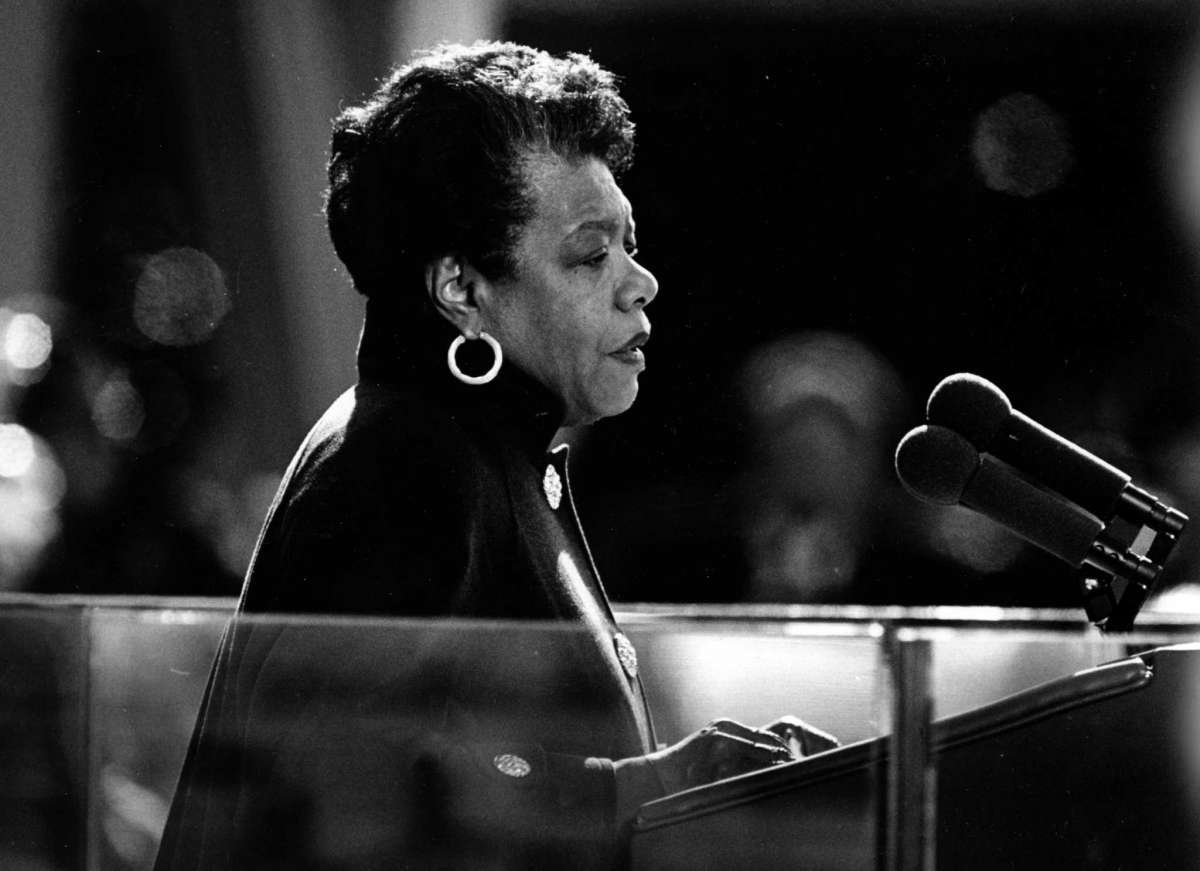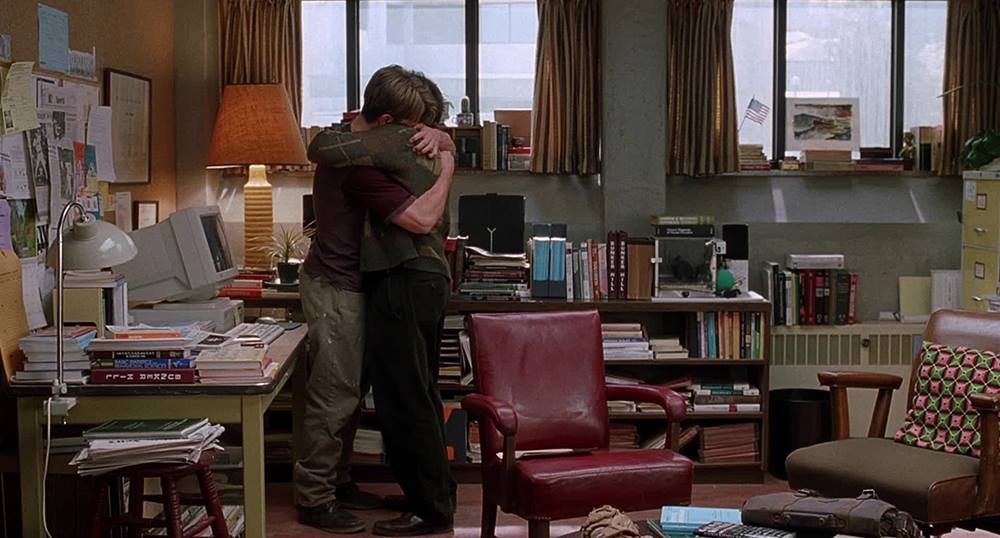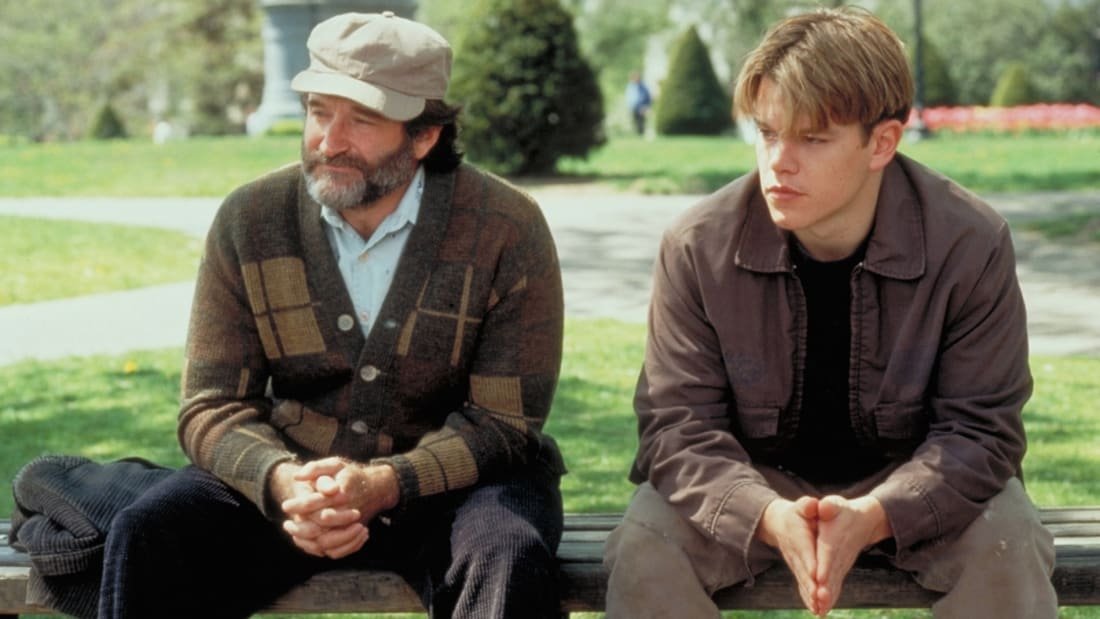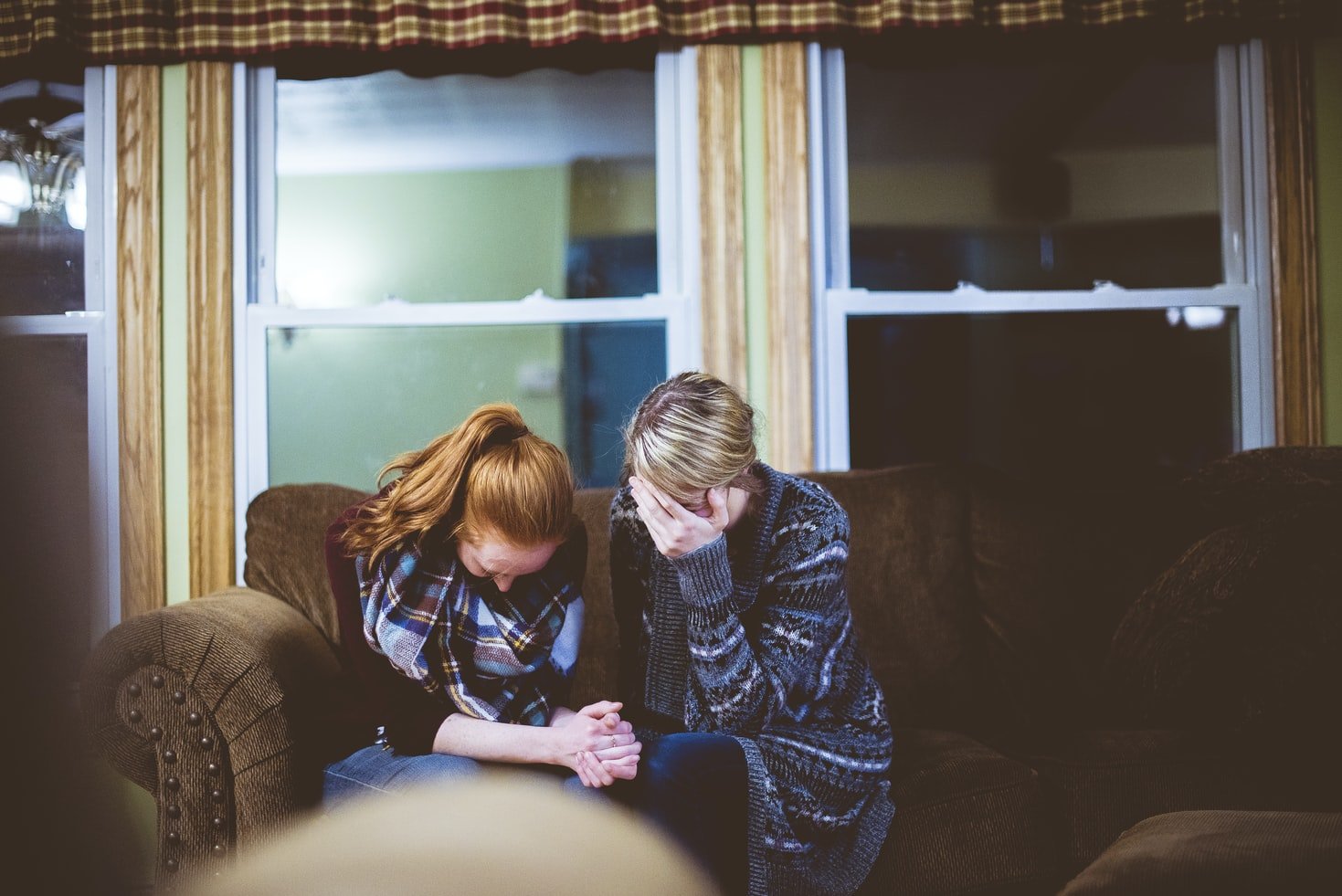I've been thinking about Maya Angelou and Good Will Hunting.
Hi, I’m Rick Thyne and I’m grateful that you found your way to these pages. Perhaps in these conversations we’ll find our way to more of the common good that is - for me - our best hope for a future in which all of us thrive. If you've found this column and would like to get my latest column delivered, free, to your inbox every two weeks, you can subscribe at the bottom of this page.
With her deep-red AIDS ribbon pinned to her snug overcoat, Maya Angelou stood at the podium during the cold January morning of Bill Clinton’s inauguration in 1993, and recited her poem written for the occasion, On the Pulse of the Morning, which includes this stanza:
History, despite its wrenching pain
Cannot be unlived, but if faced
With courage, need not be lived again.
Every time I find Angelou’s phrases in my wandering thoughts, I think of the film Good Will Hunting, which I assume most of you have seen. As you probably remember, twenty-one-year-old Will, played by Matt Damon, is the victim of brutal childhood abuse at the hands of his father. Will has been court-ordered to see a therapist, Sean, for which role Robin Williams won the Academy Award for Best Supporting Actor. (Matt and his childhood friend and co-star, Ben Affleck, won the award for Best Original Screenplay.)
Toward the end of their months together in therapy, Sean hands Will the court file documenting his history, which includes photos of burn spots, scars and bruises. Stunned into silence by the brutality, Will backs away from Sean, not wanting one more person to touch those painful places. But Sean steps toward him, repeating, “It’s not your fault, Will. It’s not your fault,” until Will gives up the retreat from his grim history and falls into Sean’s arms, releasing a long-pent-up grief as Sean repeats again, “It’s not your fault, Will. It’s not your fault.” It’s one of my favorite movie moments.
Good Will Hunting, 1997.
I’m certain I cry every time I watch this because, though he never beat or burned me, my father smacked me around. The pain and humiliation of it lives in my cellular self nearly half a century after his death.
If you’re a victim – if your brother fondled you or a priest raped you or your husband or boyfriend punched you or however else you might have been assaulted – IT’S NOT YOUR FAULT. Even though virtually every predator wants to explain to their victim how they earned the abuse, and even though too many victims buy into this pernicious lie, it is not true. It is the predator’s fault. You didn’t in any way deserve what happened to you. As Sean insisted to Will over and over, IT’S NOT YOUR FAULT.
Good Will Hunting, 1997.
What happened to me at the hands of my father was not my fault. But other things that I did in life were precisely and unavoidably my fault. The same was true for Will. It was his fault that he was a street thug who bludgeoned other tough young guys the way his father bludgeoned him. It was his fault that Will taunted and humiliated his award-winning mentor because he knew, as his mentor did, that the mentor was no match for Will’s mathematical genius. It was Will's fault that he devastated his girlfriend with his lies about his life and it was certainly his fault that he refused to admit that he loved her when he’d shown her in so many ways that he did.
The movie doesn’t deal with Will’s consequences for these transgressions. If it did he would find himself in the grip of a different version of what Angelou’s poem defines as our personal history’s wrenching pain. Even those of us who were victims of someone’s abuse may find ourselves having to stare into the dark realities of our own failures.
Someone bludgeoned us. But perhaps like Will Hunting, we have bludgeoned someone, if not with our fists then with our cruel comments or bitter emotions. Someone lied to us about who they are and who they think we are. But perhaps like Will Hunting, we have lied and continue to lie about our personal histories to protect ourselves, not our Beloveds, from the shame we refuse to address. Someone taunted us and left us feeling inferior. But perhaps like Will Hunting, we’ve delighted when our mentors or moral models come tumbling down and, as if we’re on the other end of the see saw, we’re now lifted above them.
Too often, when we’re confronted by our complicity in others’ pain, our initial responses are defensive, not courageous. Giving up the moral slack we want to grant ourselves, and refusing the impulse to gas-lighting that wants to direct the blame on someone else is painful. We know we’re finally making progress when we say, without tempering the message, it's my fault and I'm sorry I hurt you.
Yes, this comes out of us only with the wrenching pain that Angelou referred to, when we finally process what happened to us and what we did to others. True, my father hit me, but he's not responsible for my infidelities. Our past cannot be unlived; what happened to us and what we imposed on others is a permanent part of our story. When we finally acknowledge what isn’t our fault and what is, we can lay down the burden of both cruelties.
History, despite its wrenching pain
Cannot be unlived, but if faced
With courage, need not be lived again.
It is the promise of redemption for each of us, no matter what we’ve done or had done to us. Acknowledging my own personal history, Becky had Angelou’s three lines inscribed for me on a silver medallion that, nearly thirty years later, still hangs on my key ring.






